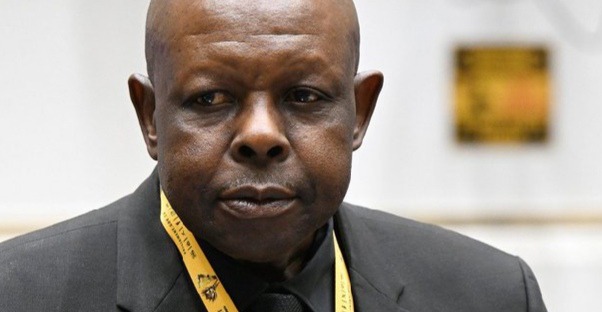Lawyers representing Western Cape Judge President John Hlophe have filed an urgent application challenging an interdict that bars him from participating in the Judicial Service Commission (JSC). The legal team argues that the order violates the constitutional principle of separation of powers, a cornerstone of South Africa’s democratic framework.
The interdict, which prevents Hlophe from engaging in the JSC’s processes, stems from longstanding allegations of misconduct against him. His legal representatives contend that the order represents an overreach by the judiciary into the executive and legislative domains, undermining the autonomy of each branch of government. They argue that the JSC, which oversees judicial appointments and complaints, should operate without judicial interference to maintain its independence and effectiveness.
“The separation of powers is a fundamental principle of our Constitution,” Hlophe’s lawyers stated. “Barring Judge President Hlophe from participating in the JSC not only undermines this principle but also compromises the commission’s ability to fulfill its mandate.”
The case has reignited debates about judicial independence and the appropriate boundaries between South Africa’s branches of government. The JSC plays a critical role in ensuring accountability and transparency within the judiciary, and any perceived interference in its operations could have far-reaching implications for the rule of law.
Hlophe’s legal challenge comes amid ongoing controversy surrounding his tenure as a judge, with allegations of misconduct casting a shadow over his career. The outcome of this case is expected to set a significant precedent for how conflicts involving judicial accountability and the separation of powers are handled in the future.
Legal experts are closely monitoring the proceedings, as the court’s decision could reshape the balance of power between the judiciary, executive, and legislative branches. If the interdict is overturned, it could reinforce the autonomy of the JSC and limit judicial overreach. Conversely, upholding the interdict may strengthen mechanisms for holding judges accountable but could also raise concerns about the judiciary’s influence over other branches of government.
As the legal battle unfolds, it underscores the delicate balance required to maintain the independence of South Africa’s democratic institutions while ensuring accountability and transparency. The case is a pivotal moment in the ongoing discourse about the separation of powers and the role of the judiciary in a constitutional democracy.






















